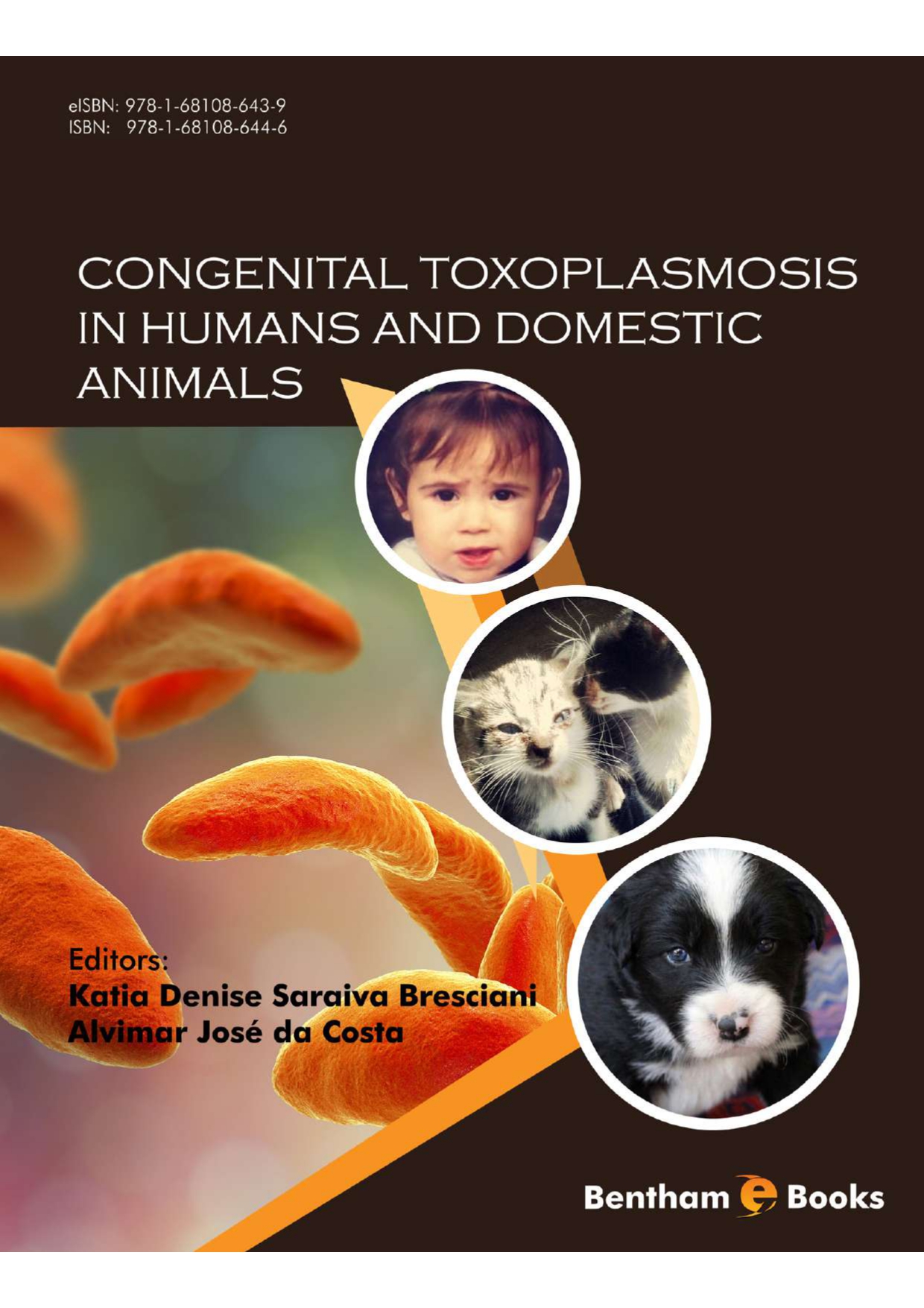
Congenital Toxoplasmosis in Humans and Domestic Animals
"Congenital Toxoplasmosis in Humans and Domestic Animals presents information about Toxoplasma gondii and its infection in neonates and different animals (cats, cattle, dogs, goats, pigs and sheep). Readers will have quick access to the pathophysiology, diagnosis, reproductive disorders (such as abortion, neonatal mortality and prematurity) and treatment of both human and veterinary toxoplasmosis. In addition, important aspects for control programs of congenital toxoplasmosis and for maternal and neonatal screening in such control programs are discussed. Thus readers will be better equipped to conduct prevention programmes and routine diagnosis of zoonotic infections related to T. gondii. This handbook is of interest to epidemiologists, doctors, veterinarians and public health specialists. " "Congenital Toxoplasmosis in Humans and Domestic Animals presents information about Toxoplasma gondii and its infection in neonates and different animals (cats, cattle, dogs, goats, pigs and sheep). Readers will have quick access to the pathophysiology, diagnosis, reproductive disorders (such as abortion, neonatal mortality and prematurity) and treatment of both human and veterinary toxoplasmosis. In addition, important aspects for control programs of congenital toxoplasmosis and for maternal and neonatal screening in such control programs are discussed. Thus readers will be better equipped to conduct prevention programmes and routine diagnosis of zoonotic infections related to T. gondii. This handbook is of interest to epidemiologists, doctors, veterinarians and public health specialists. "
Book Format
Book License
$ 39.00
Reviews
Rating Snapshot
Select a row below to filter reviews.
0
0
0
0
0
0
Overall
Average Customer Ratings
Review for this Book
Share your thoughts with other readers
More Information
Description of Congenital Toxoplasmosis in Humans and Domestic Animals
"Congenital Toxoplasmosis in Humans and Domestic Animals presents information about Toxoplasma gondii and its infection in neonates and different animals (cats, cattle, dogs, goats, pigs and sheep). R
Additional Information
Table of content



